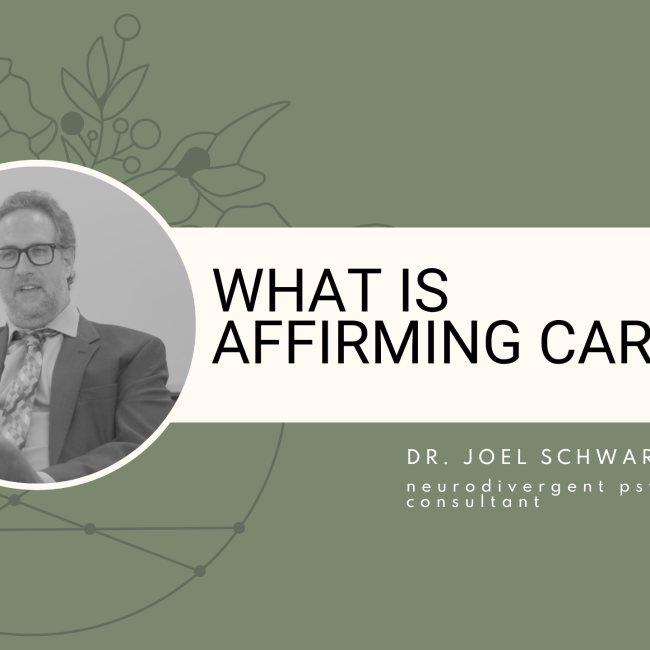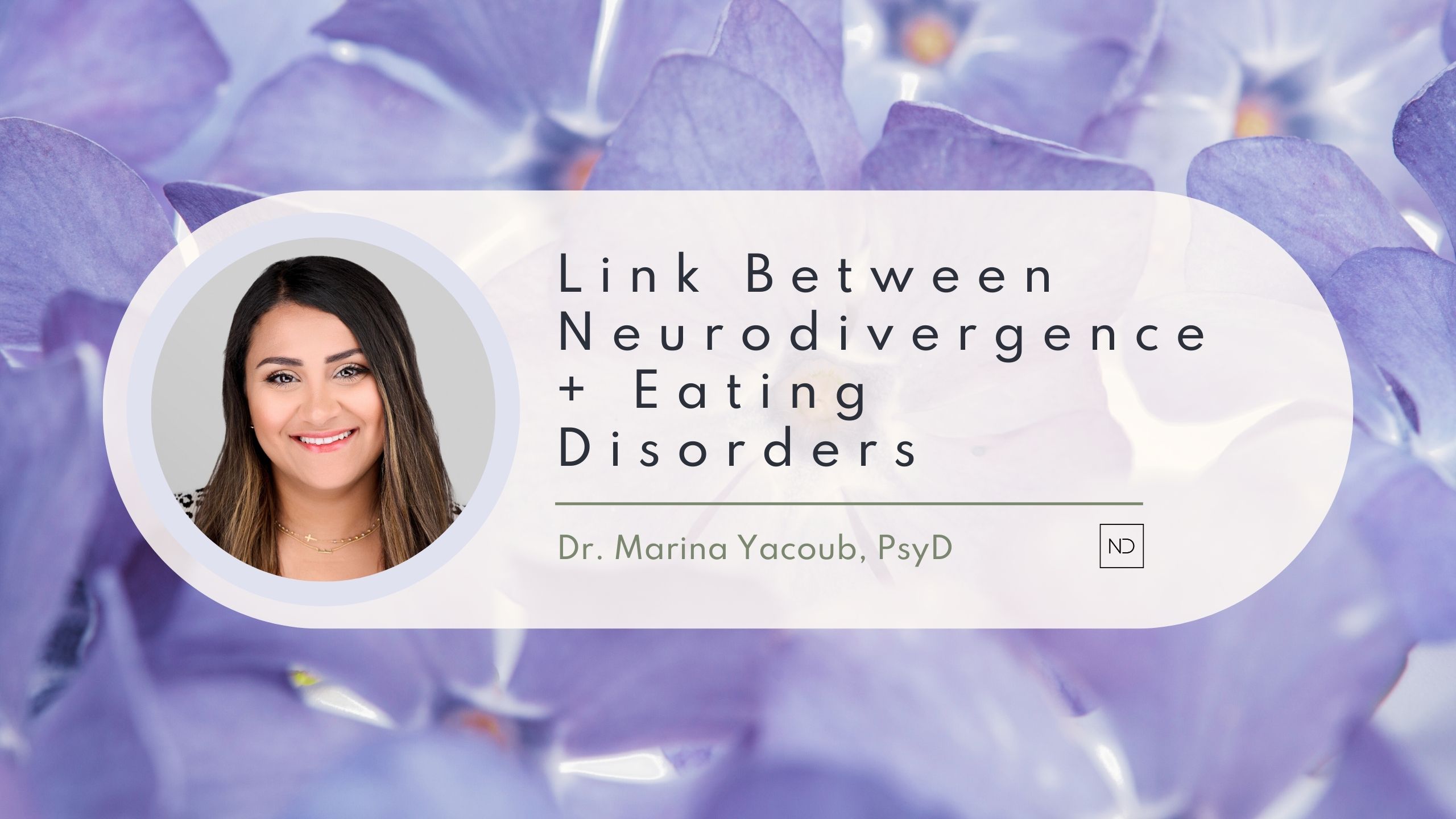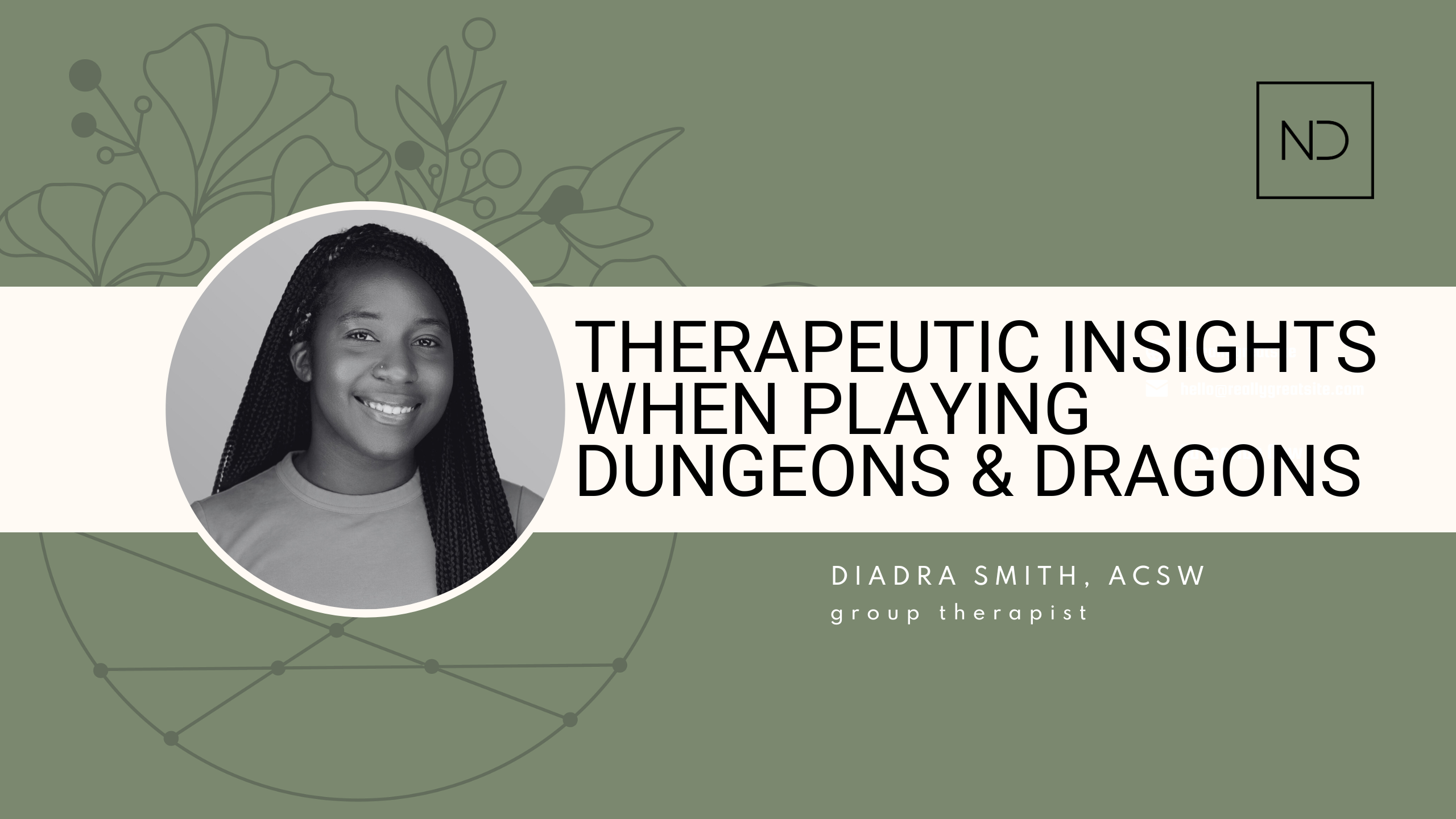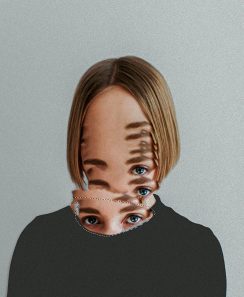
program development at the neurodivergent collective
This month, we are excited to introduce The Neurodivergent Collective as a top-tier option in The Collective’s program offerings, marking a new era in our commitment to quality mental health care. We believe that neurodivergent adults can thrive more effectively when treated together, rather than in the mixed milieu often found in standard mental health treatment. Here’s why:
Lived Experience
Over the past two decades, the neurodiversity paradigm has emerged as a person-focused empowerment model that recognizes the unique characteristics of individuals and their experiences of the world. Our programs place mental health, narrative therapy, and identity-focused work at the center of treatment. The majority of our treatment team identifies as neurodivergent, allowing our approach to be informed by lived experience. Additionally, we have hired expert consultants who specialize in neurodivergence, and who also identify as part of the community, to shape our thinking and support our change.
Our programs are ideal for any client who desires smaller groups, individualized support, with a focus on sensory sensitivities. To do this, The Neurodivergent Collective combines Occupational Therapy, Executive Functioning Psychological Coaching, Psychotherapy, Nutritional Psychiatry, and Traditional Psychiatry. We cater to all sensory needs and work well with Autistic, ADHD, or AuDHD individuals. However, we do not limit our treatment to specific neurotypes. Some clients may have severe PTSD with acute sensory needs and may find The Neurodivergent Collective more suitable than larger milieus. This is the essence of the neurodivergent affirming care we provide: we let the client lead the treatment and inform our interventions.
Research-Informed
A recent study titled “Autistic peer-to-peer information transfer is highly effective” (Crompton et al., 2020) provides valuable insights into the discussion of mixed-mileau vs homogenic milieu of lived experience. The study found that homogenic groups of either neurodivergent or neurotypical adults communicated well. However, mixed groups of autistic and non-autistic people shared less information and felt less understood. This study showed how the Double Empathy Problem, described as a “breakdown in reciprocity and mutual understanding that can happen between people with very differing ways of experiencing the world” can lead to chronic misunderstandings (Milton, 2018). This is especially true in mental health spaces where neurodivergent needs and culture is often ignored and pathologized historically by both medical and psychological systems.
This finding underscores the importance of peer-to-peer interaction among neurodivergent individuals (both clients and staff) and highlights the potential benefits of creating treatment environments where neurodivergent clients are treated together rather than in a mixed client population. Thus, the main reason we are inspired to create The Neurodivergent Collective.
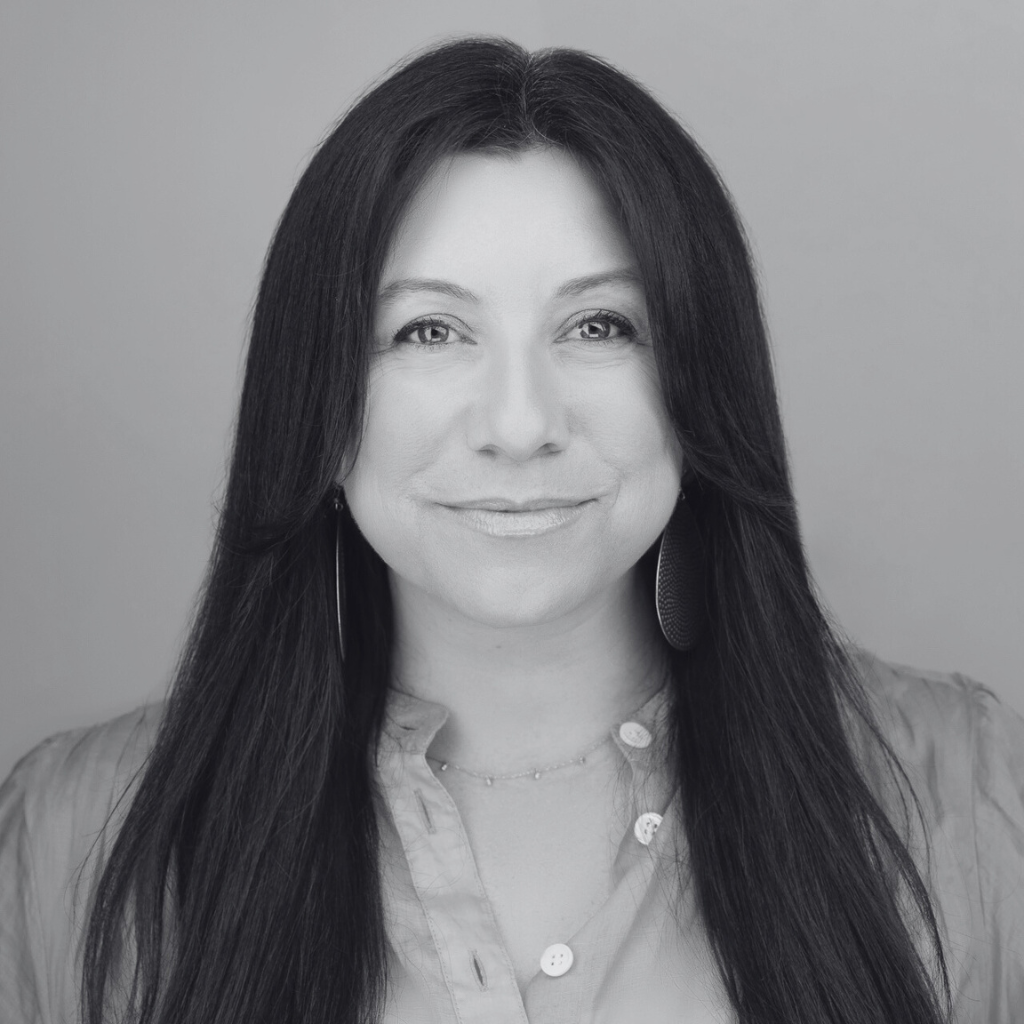
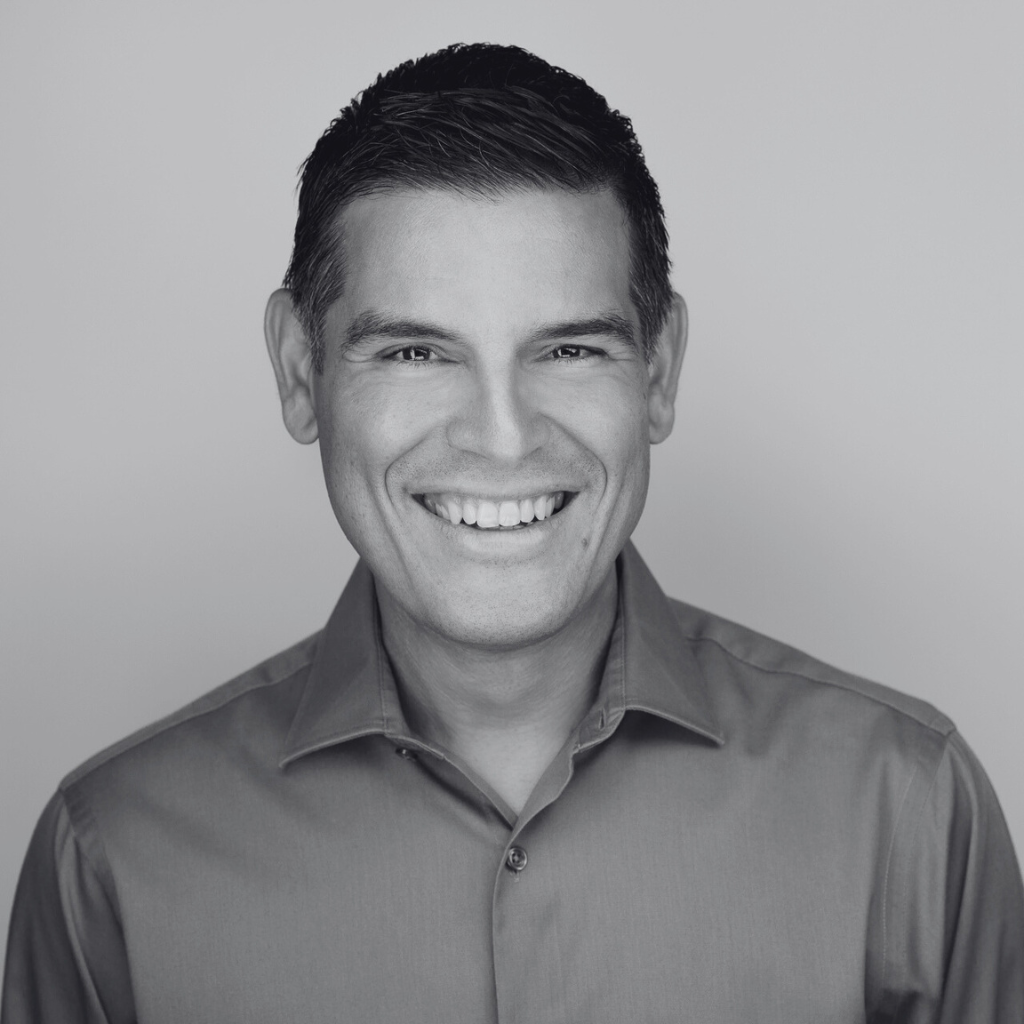
Other studies have shown that neurodivergent individuals experience higher levels of bullying and misunderstandings in communication compared with neurotypical peers (McLeod et al., 2019), can be judged and socially rejected by neurotypical peers more readily (Sasson et al., 2019), and feel more connected to one another than when compared to neurotypical adults (Heasman & Gillespie, 2019).
In light of recent findings and the advocacy of many who have acknowledged these differences from their lived experiences, it becomes essential for us to rethink our approach to treating neurodivergent clients. By fostering an environment where they can interact with peers who share similar experiences and understandings, we can potentially enhance the effectiveness of our treatment strategies.
The Limitations of Research and the Emphasis on Lived Experience
The neurodiversity paradigm also acknowledges the limitations and distress that the medical model has imposed on many neurodivergent individuals. Currently, the widely recognized evidence-based treatment has not been studied with a focus on neurodivergent clients versus neurotypical ones. Lived experience tells us that traditional Cognitive Behavioral Therapy (CBT), for instance, is not as effective for Autistic adults as other treatments that offer more cognitive flexibility and sensory mindfulness. A prime example of this is Dialectical Behavioral Therapy (DBT) and its adaptations for neurodiversity by Sonny Jane Wise, which is more sensory engaged for coping skills development. Another example is adjustments for EMDR, where eye movements may be too overstimulating for sensory-sensitive clients, but closing their eyes and using alternating tones or vibrating hand paddles may feel better and engage the nervous system more effectively.
In conclusion, The Neurodivergent Collective community believes that by integrating both lived experience and research-informed evidence into our practice, we can make significant strides in improving mental health outcomes for our neurodivergent clientele. Being neurodivergent affirming means being flexible in the delivery method of traditional psychotherapies and most importantly listening to each client’s experience with the modality. Our ultimate goal is to assist clients in achieving their desired potential in identity formation, future-oriented goals, and help with any adjustment-related difficulties they have in achieving what they define as wellness. The journey to this place will be unique for each individual client, and we are prepared for it.
Please don’t hesitate to reach out to our team for more information on this important new program.
Best regards,
Kristen Zaleski, PhD, LCSW
Chief Clinical Officer + Co-Founder
Do you have a question?
Send us a message



